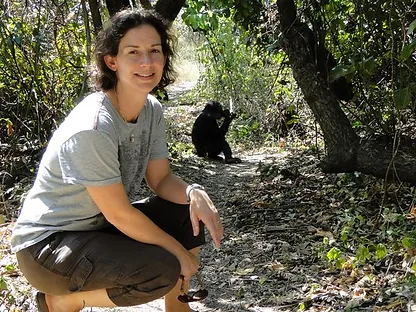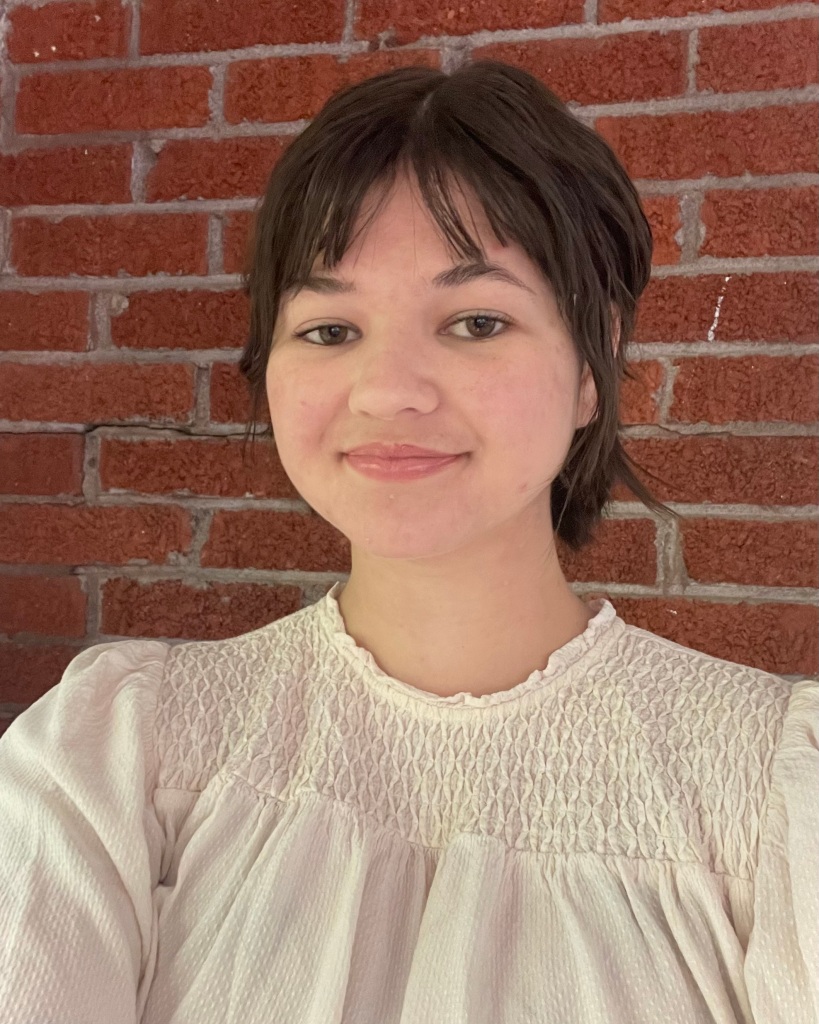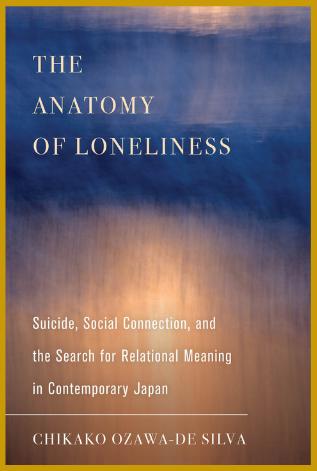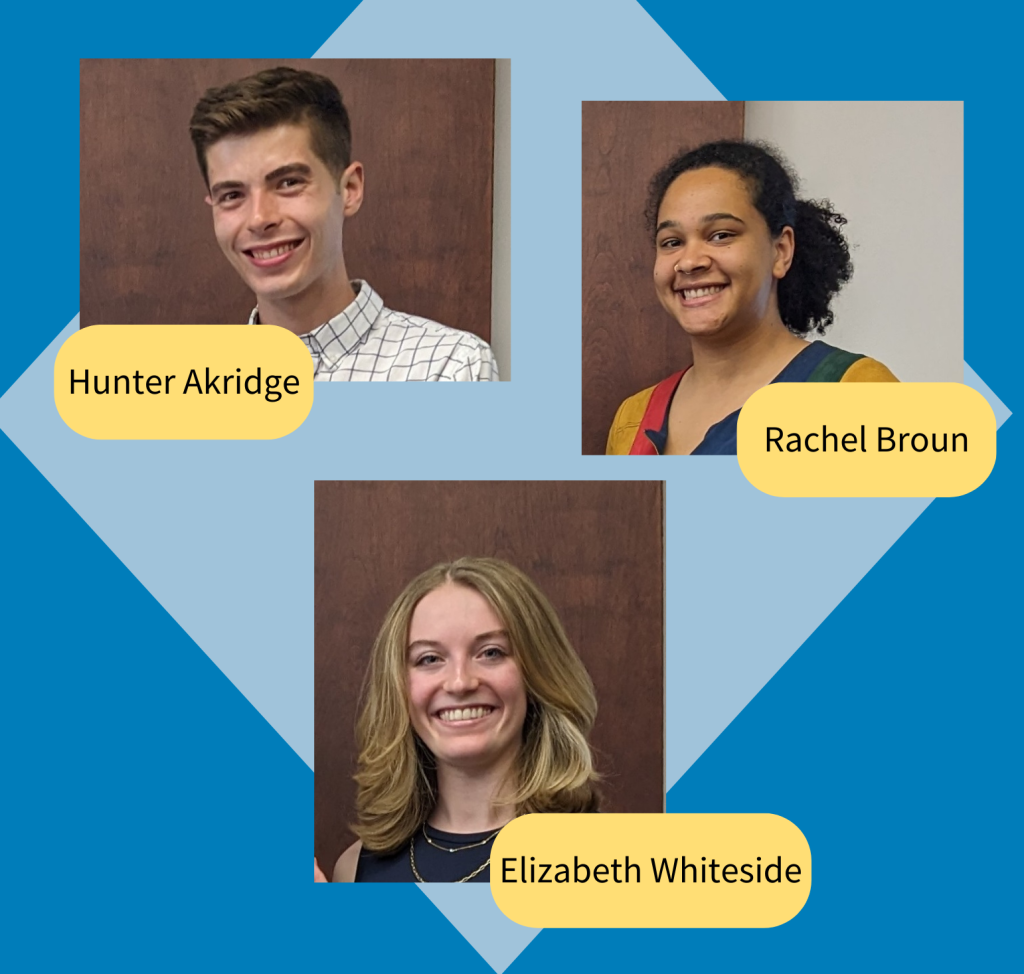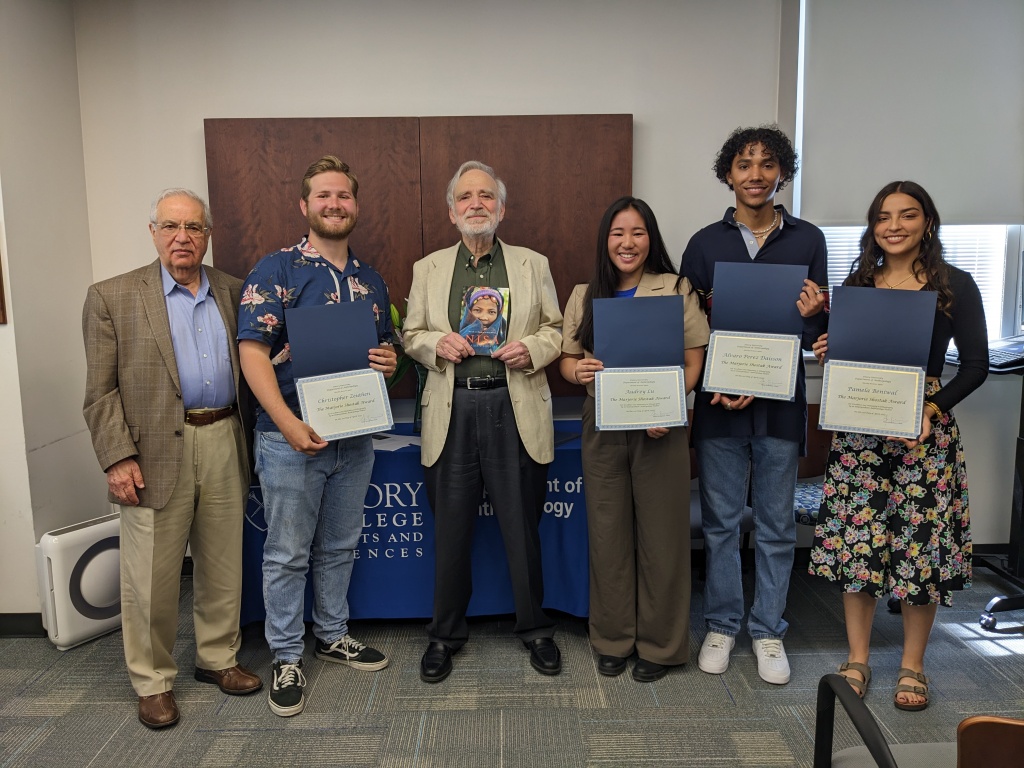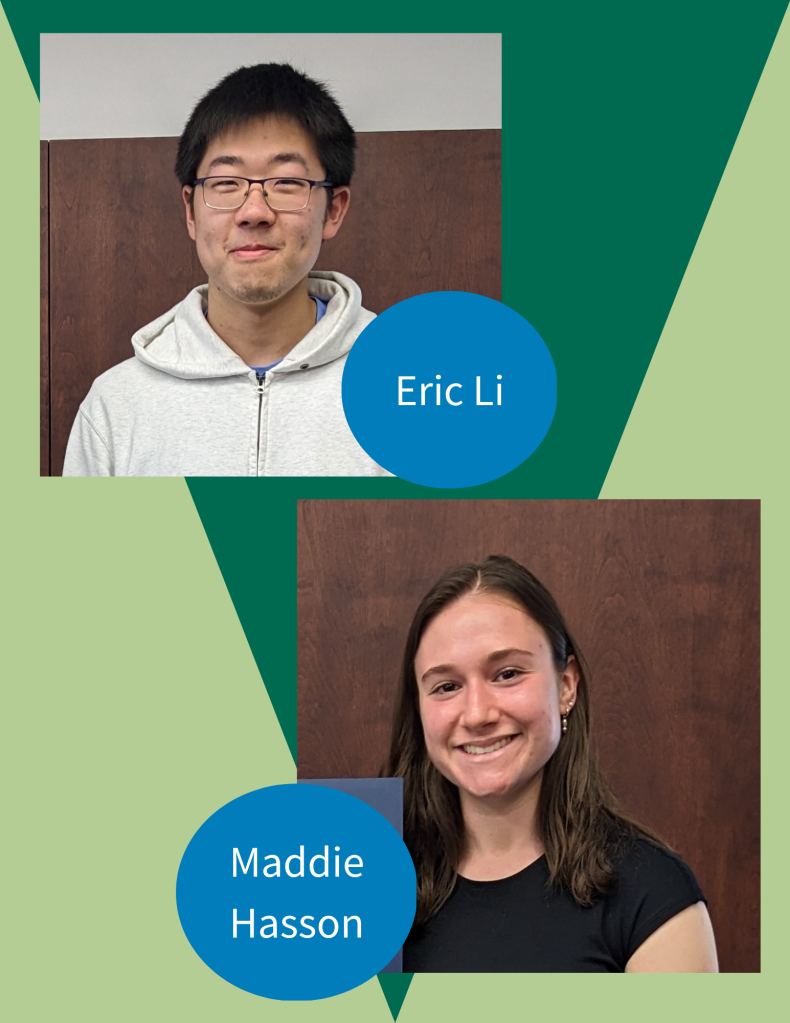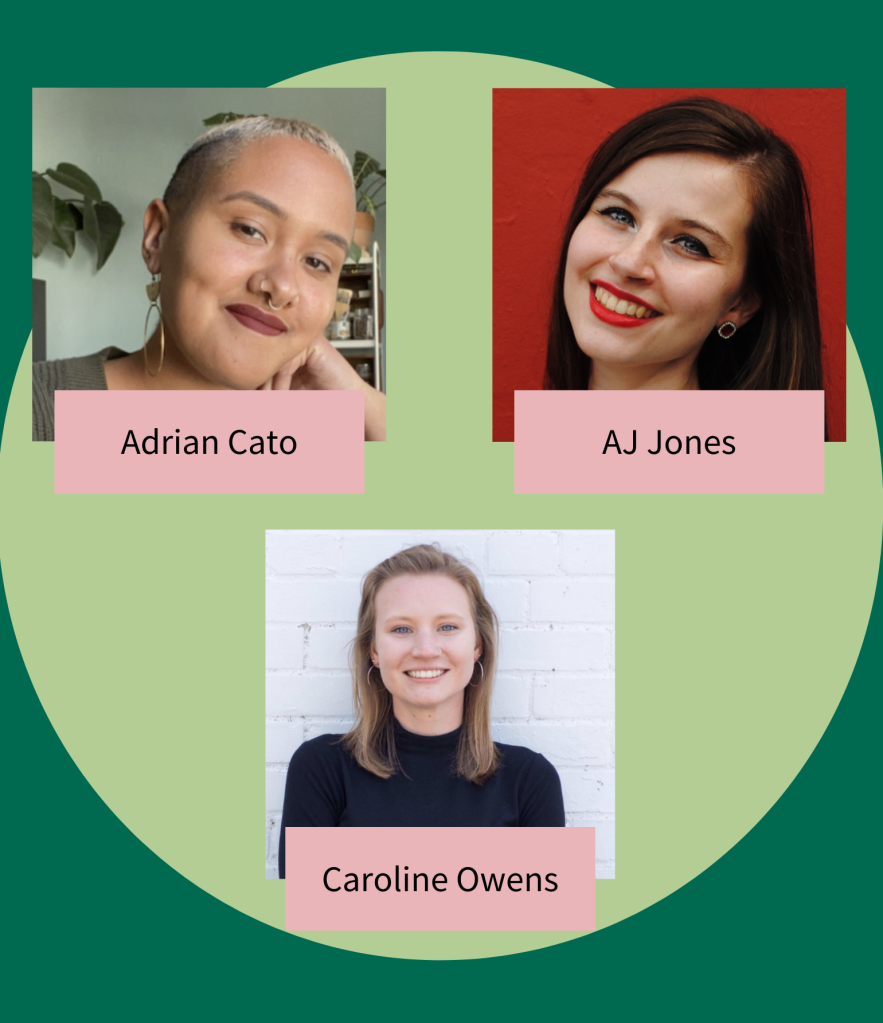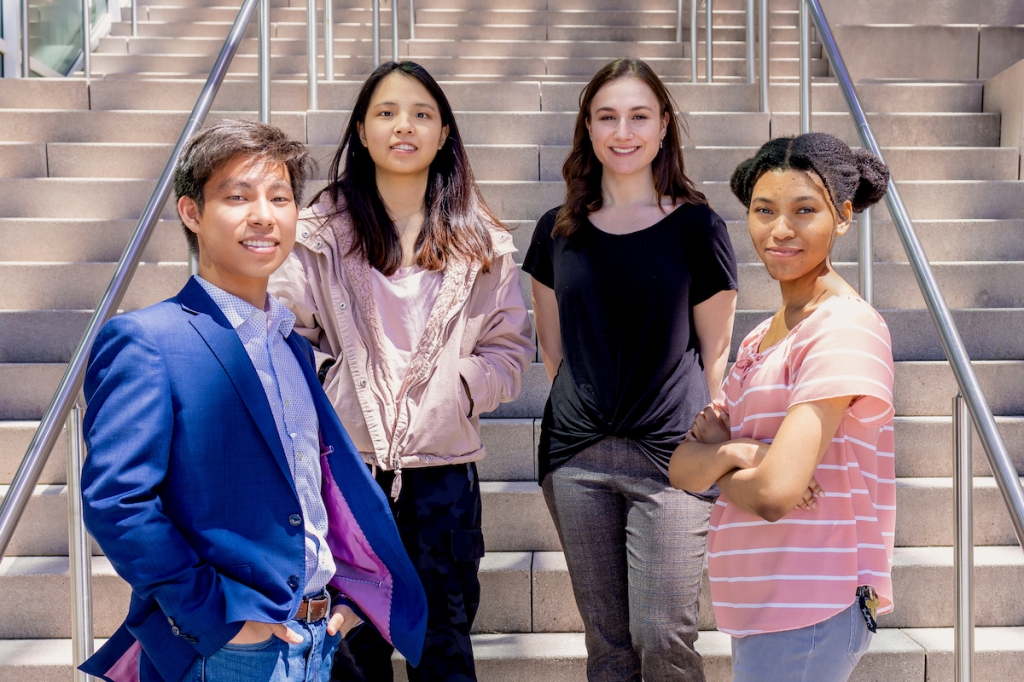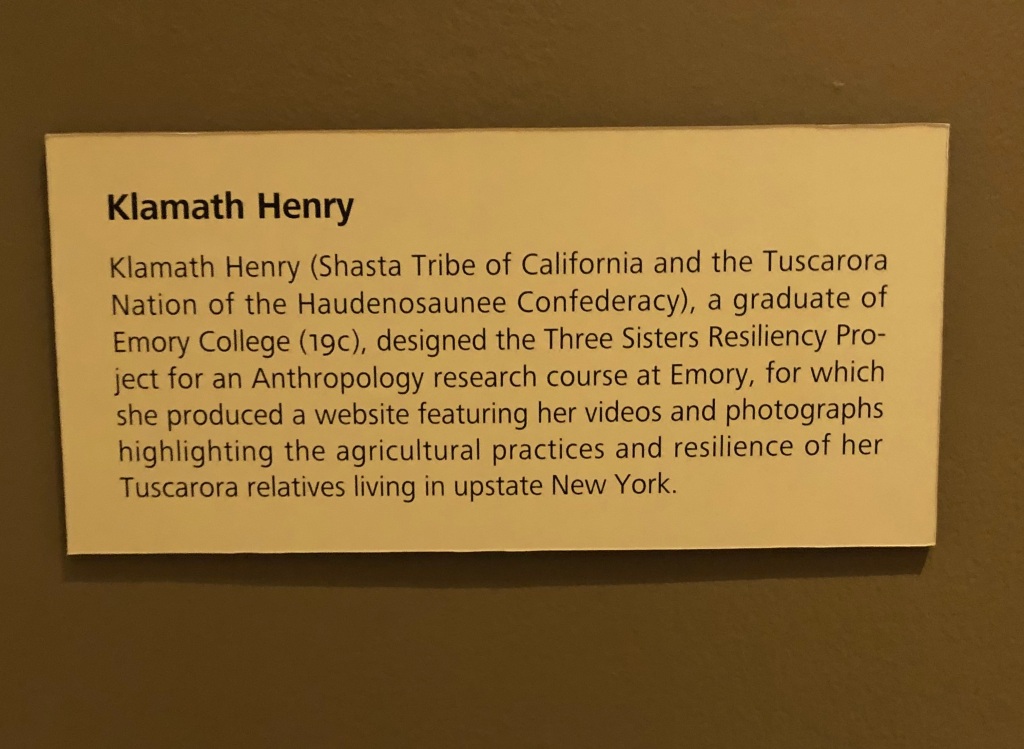
“Will Boose‘s article offers an ambitious, though still fragmented, history of motorcycle taxis in Peru. It offers three central arguments. First, it highlights that motorcycle taxi drivers have played a fundamental role in the production of urban space. Second, it argues that state, elite, and popular discourses about “informality” and the “modern city” stigmatize motorcycle taxi drivers in ways that are classist and racialized, targeting them for strict policing. Finally, it suggests that if we think with motorcycle taxi drivers and the materiality of motorcycle taxis, we can reveal the contradictions inherent to the “formal”-“informal”, and “modern”-“non-modern” binaries and thus more lucidly analyze urban space and relations.”
Histórica, based in Peru, is aimed at researchers and a specialized public and publishes works evaluated by peers that constitute an original contribution to the knowledge of Peruvian, Andean, and Amazonian history, as well as Latin American history and global history directly related to the history of the Andean region. In addition to works on history and ethnohistory, the journal includes works on art history, historical anthropology, historical linguistics, historical geography, historical demography, memory studies, and every other discipline, subdiscipline, and field of study in the Humanities and Sciences.
Check out the article here!
